The Challenges of Getting a Good Night's Sleep
Our birds often look as though life is great fun for them, that's part of why we enjoy having them around. But in reality life is tough for birds, and sleeping is one of the most dangerous parts of the day.
When birds rest they are at their most vulnerable to predators and the cold; so getting some rest takes careful planning and different species have different strategies for getting some shut-eye in safety.
Finding The Right Spot
Most of our garden birds (with the exception of nocturnal owls) are diurnal, they are active during daylight hours and rest at night.
Though our garden birds spend their days flitting through low branches, hopping around the lawn and hanging off our feeders this isn't where they choose to spend their nights. All of these places would be far too exposed to weather and predators to offer a good nights sleep. so where do the birds go at night?

Most small birds choose to spend the night high in the tree canopy. often perching as close to the trunk of the tree as they can.
This gives them protection from the elements and vibration through the tree will warn them of the approach of any predators.
Alternatively, they will look for cavities, nooks and crannies to roost in. They might choose a hole in a tree trunk, a space in a building, or even a disused nesting box or birdhouse.
Though some birds like gulls will fly a good distance from their feeding grounds to sleep each night most of our garden birds sleep in the same areas where they spend their days. so they are still around at night, even if we can't see them!
Getting Comfy for the Night
The sleeping position that many of our garden birds choose looks darn right uncomfortable and like a disaster waiting to happen to us humans, but actually, it works beautifully for the birds.
The passerines, or songbirds like thrushes, tits. finches and sparrows, like to perch to sleep. They will fluff up their feathers, tuck one leg up close to their body and tuck their heads into the feathers on their backs.

The head tucking means that they are breathing in warm air from amongst their feathers, so loosing less body heat during the night.
But what about sleeping standing on one leg? Won't they fall? No, quite the opposite in fact. Standing on one leg forces weight down through the leg muscles and makes the bird's claw close in a vice-like grip on to the perch, so little chance of falling, And as both legs are featherless and lose heat quickly, keeping one tucked close to the body helps the bird to keep warm.
Although this is the sleeping position for most of our garden birds, not all birds sleep like this. Ducks often sleep floating on the water, and some breeds of parrot sleep hanging upside down like bats!

Birds of a Feather
Many of our garden birds flock and roost together at night. There are a couple of very good reasons for this. Firstly warmth. A group of birds packed tightly together will keep much warmer than one tiny little bird sleeping all alone.
Secondly, many small birds tend to sleep in flocks because they can then take turns in staying awake and keeping watch for predators. Birds roosting in a flock tend to shuffle around during the night, so everyone gets to spend some time on the edges, and some time in the warm centre of the pack.
Generally, birds of the same species flock together. but in the cold of winter small birds of several different species may choose to huddle together for warmth.

Cold is a serious problem for small birds. They lose body heat and weight fast in cold weather and need to eat a lot to keep their energy levels up. Just at the time of year when there is often little food around.
Some birds like doves and pigeons are able to combat the cold by going into a state of shallow torpor, and lowering their metabolic rate so that they use less energy. It's a bit like hedgehogs' hibernation, but only last a few hours, rather than a few months.
The only potential downside to sleeping packed together in groups is that when lots of birds try to cram themselves into a small space, some may get crushed or smothered.
Sleeping With One Eye Open
Humans quickly start to suffer from a lack of sleep: we need to sleep for our brains to function properly. But scientists are starting to think that things are different for birds. The thinking now is that birds sleep when there's nothing more useful to do. This idea is based on studies of birds who live near the poles, such as the Arctic Tern, who have several months of the year where the sun never sets. During these daylight months, these birds seem to get very little sleep and don't suffer from it.
Similarly, many coastal wading birds can only feed at low tide. So they have evolved to sleep at high tide, when there's nothing useful to do, and wake at low tide to feed, whatever time of the day or night that might be. They find their food through touch, so feeding in the dark doesn't bother them.

Even some birds such as our blackbirds, who are active during the day and sleep at night don't rest their whole brains like we do. They have an amazing ability called unihemispheric slow-wave sleep. this means that they switch one half of the brain off, whilst keeping the other active and can literally sleep with one eye open.
This helps in keeping watch for predators. It's also thought to be what allows migratory birds like swifts to sleep in flight, and in some cases fly for 200 days non-stop.
Do Birds Sleep In Their Nests?
The idea of birds getting comfy and cosy in their nests for the night is cute but inaccurate. Our garden birds generally don't sleep in nests.
The only exception to this is when they have eggs or chicks to care for. Then the adults will sleep in the nest to keep their young warm.
The Calm Before the Storm
Have you ever notice how, just as the birds stop singing at night they also go silent and disappear when bad weather is coming? So that just before a storm everything goes eerily quiet?

There's a good reason for this. Birds are much better at sensing what is happening with the weather than we are. And whilst feathers are pretty good at keeping out the rain there is only so much wet weather they can take.
So when they sense bad weather on the way our garden birds will usually head for the shelter of their night-time roosts, or even fly away, out of the path of the storm altogether.
Birds Resting Quietly In Your Garden
So we've seen that whilst you may not see or hear your garden birds at night they are likely to still be close by. Though most birds don't rest in the same place each and every night and have a choice of roosting sites they will all tend to be close to where the bird has spent the day feeding.
Sleep can be a dangerous time for birds, due to danger from cold and predators. They have developed a whole host of strategies for coping and we can help by providing plenty of bird boxes, food and water - and keeping the cat in at night!
Thanks for reading! We hope you've found this article interesting. Do you have questions or suggestions? We'd love to hear them. Leave us a comment below.

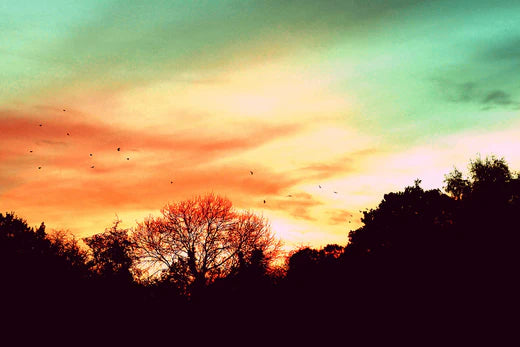
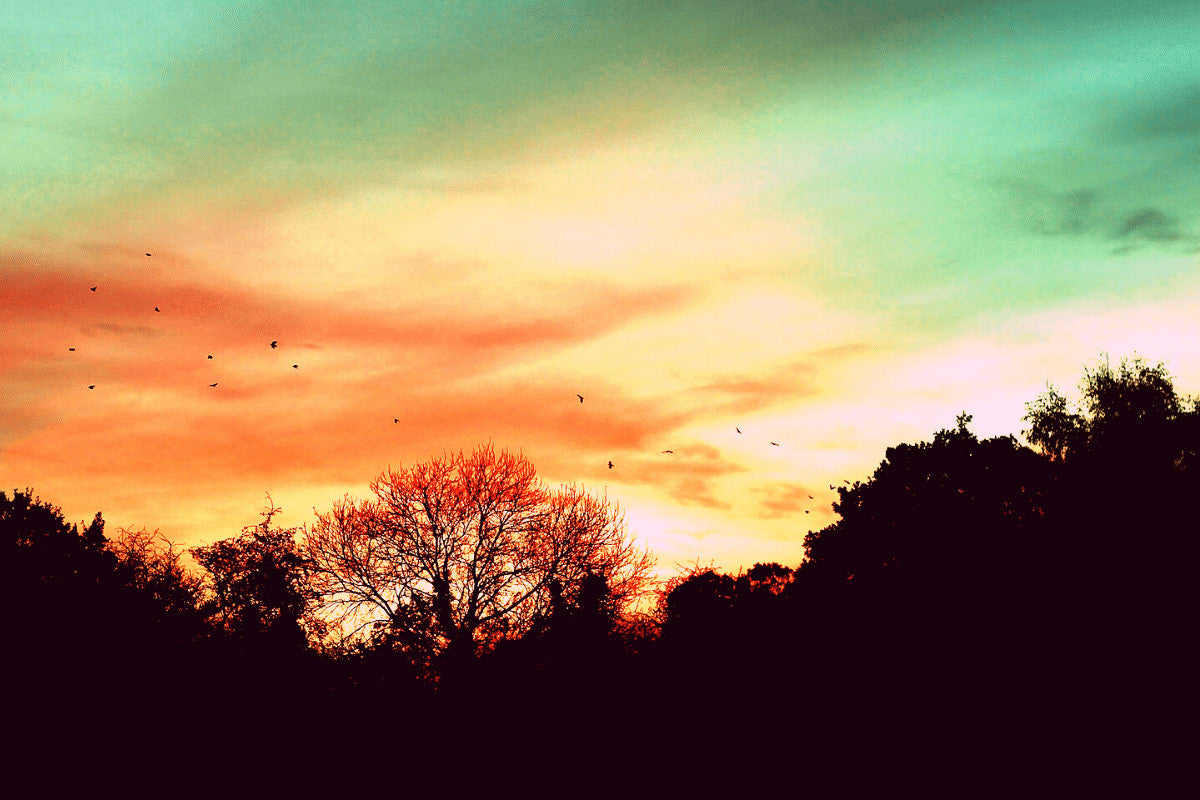
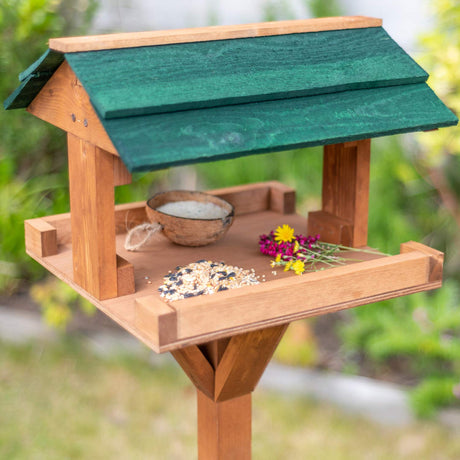
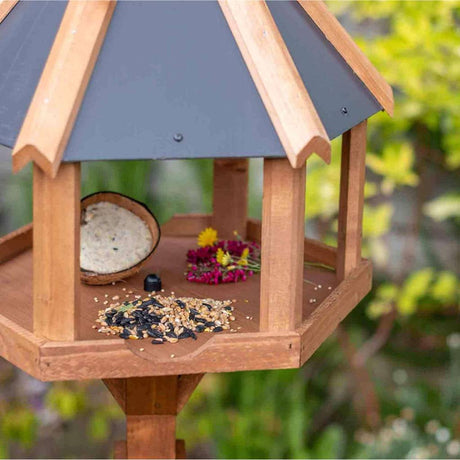
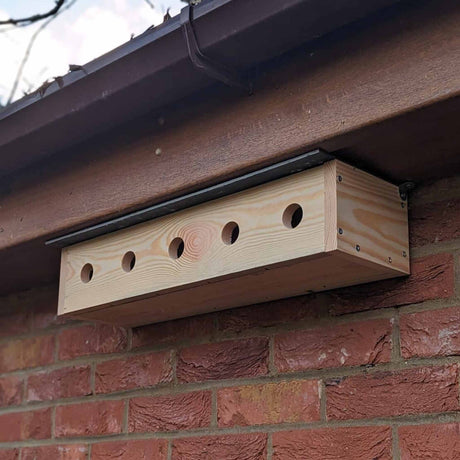
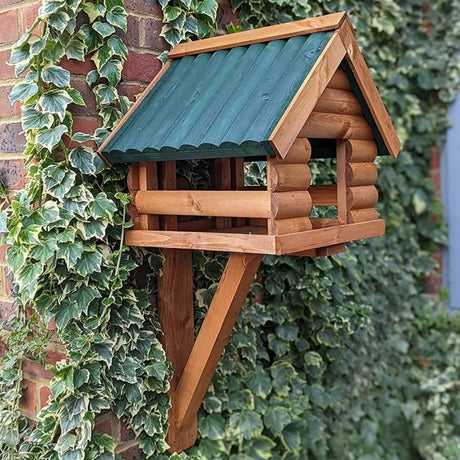
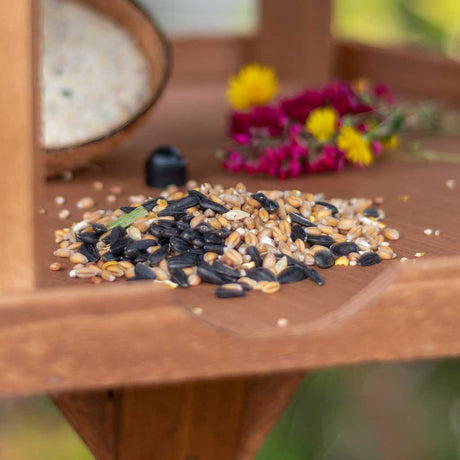
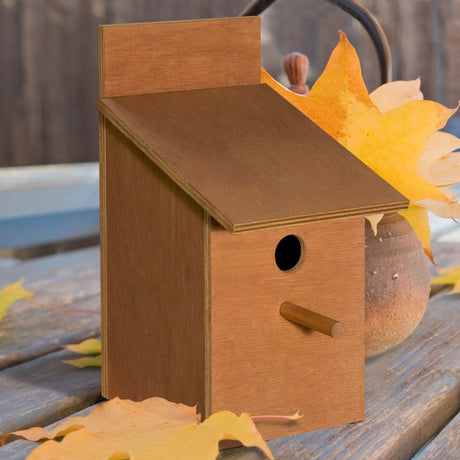

7 comments
Birds sleep and nest underneath solar panels giving home owners u forseen
probs
Whoa! This blog looks exactly like my old one! It’s on a entirely different subject but it
has pretty much the same page layout and design. Great choice of colors!
Including disrespect, dishonesty, controlling actions, or a absence of assistance.
In a healthy partnership, everything type associated with works just. Sure, you might take issue from time to time or arrive upon additional bumps in the street, but you usually together make choices, openly discuss any difficulties that arise, and enjoy each other’s firm genuinely.
That’s all very interesting thank you.
I have been watching a pair of crows building a nest in my garden for a few weeks and the question of where do birds sleep occurred to me. I would like to thank you for writing the exact article for answering my question. My next question is, once birds have put in the energy to build a nest, do they make use of it after the chicks have fledged? I’ll have to watch and see.
Thank you for your information on where our garden birds sleep at night. It makes me wonder why we do not have more bespoke bird boxes or barrels to buy for our garden birds, who need a safe place, to rely on, to rest/sleep at night? I do not recall anything that I have seen, to buy in garden centres, that relate to this particular need.
Any ideas?
Please can we have your much valued guidance …. Time is coming to release Harvey hedgehog from indoor care to our garden .From 100g in oct.2021 to 900g March 2022.and how can we safely mark ID.as we have hedgehogs visiting the outdoor feeding containers when they come out of hiabernation. from Evelyn. Honiton Devon Thank You.